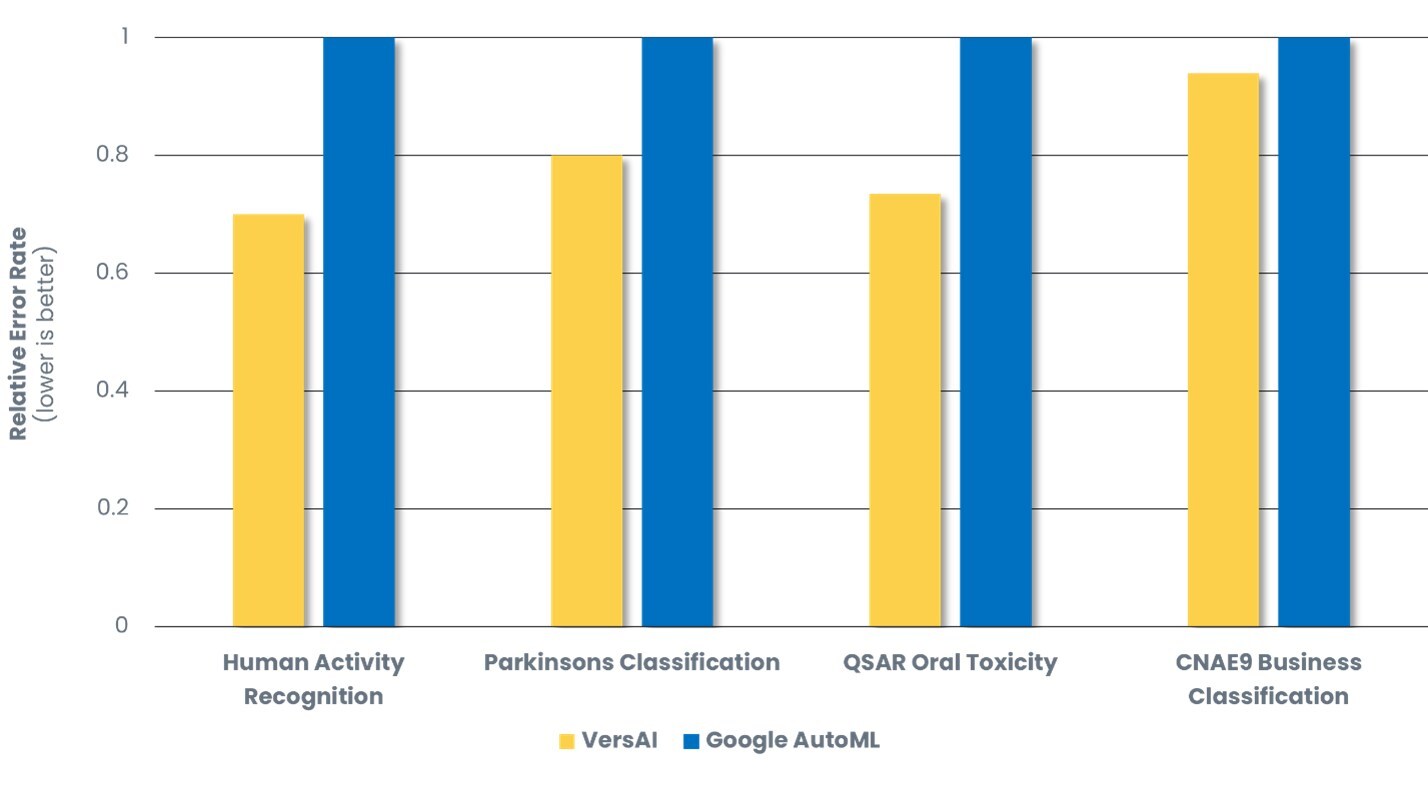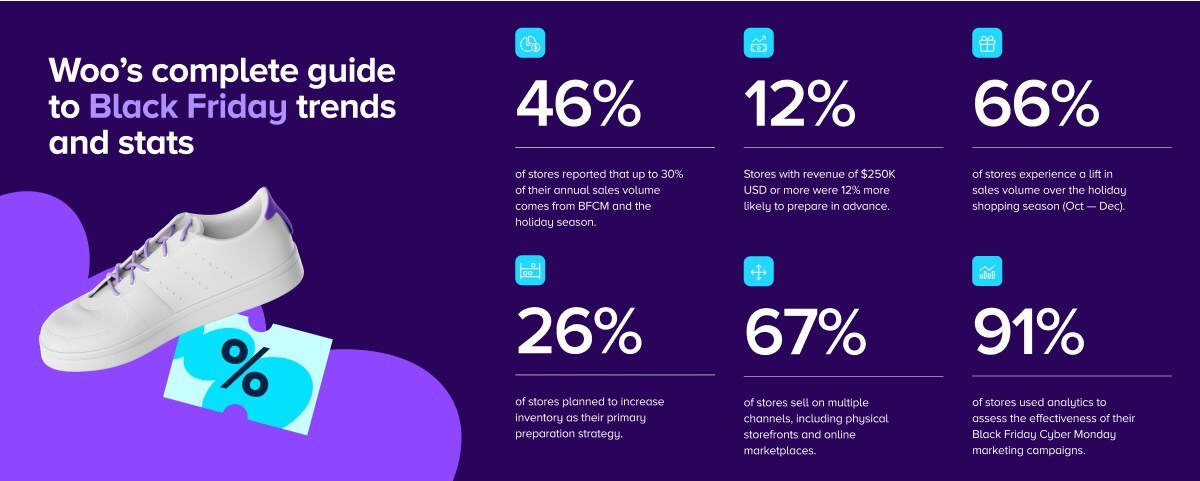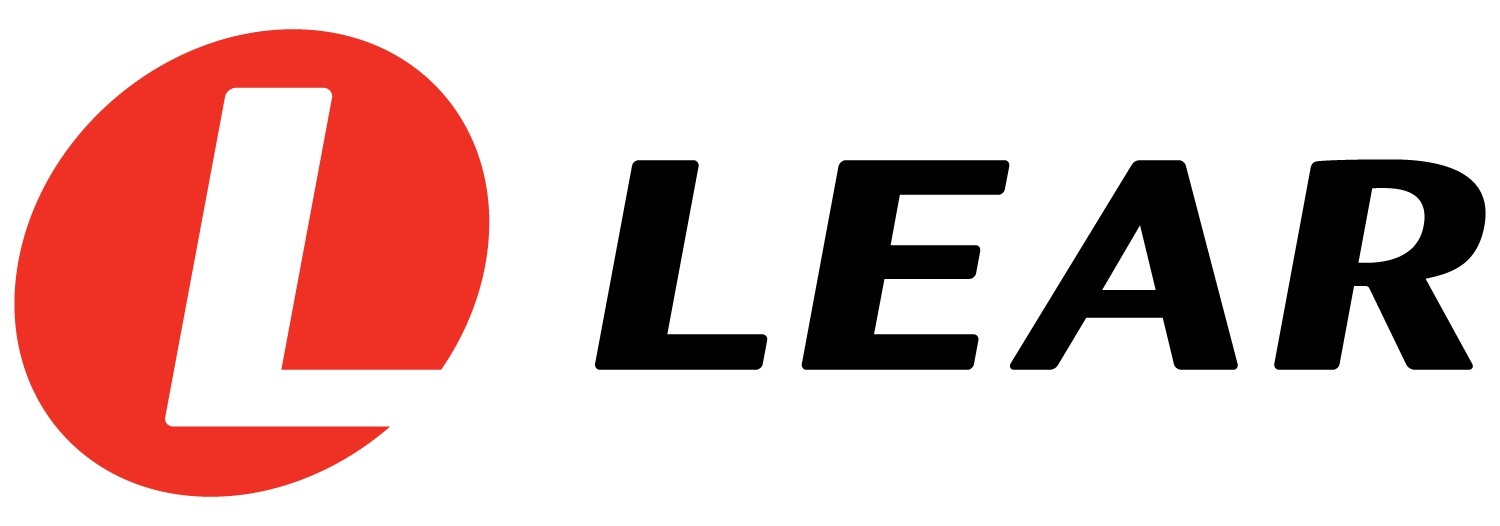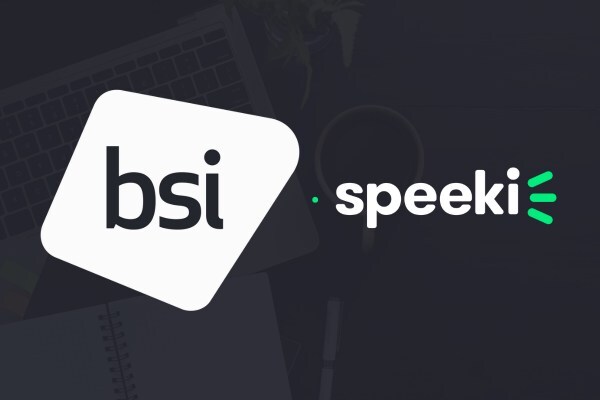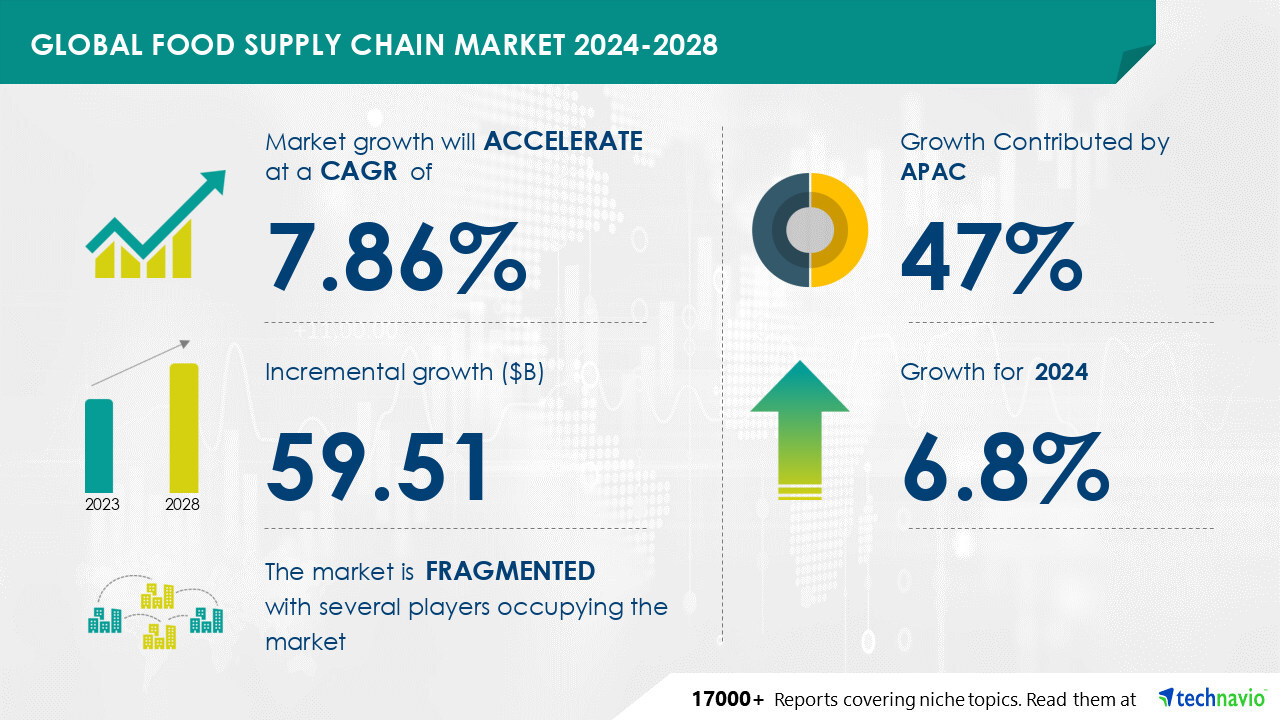Pharma company's patent-pending novel AI technology designed for small and sparse datasets typical of most real-world scenarios shows dramatically lower prediction error rates compared to Google's AutoML
FREMONT, Calif., Sept. 11, 2024 -- Verseon International Corporation is pleased to announce benchmark test results from VersAI™, demonstrating prediction accuracy superior to the current state-of-the-art. VersAI™ is the company's patent-pending AI technology designed for small, sparse datasets. This system has shown dramatically lower error rates in predictions for a diverse array of real-world data scenarios when compared to Google's state-of-the-art Deep Learning technology.
Verseon's Head of Machine Learning, Ed Ratner, shares, "Most AI tools are Deep Learning frameworks, which rely on Big Data to function properly. This is fine when you're training large language models on billions of webpages or when you're training facial recognition AI on the hundreds of millions of labeled faces available on the web. But outside a handful of fields, large amounts of high-quality, dense data are often hard to come by."
This fact is especially true in many areas of the life sciences, such as small-molecule drug discovery. "The pharmaceutical industry has been hard pressed to gather enough high-quality data to create AI models that accurately predict properties of novel drugs," said Ratner.
Verseon's effort to reduce AI prediction error rates led to the creation of VersAI™. CEO Adityo Prakash said, "Verseon has been involved in AI development long before AI was a trendy buzzword, and in recent years, we've pulled together a team that continues to dramatically enhance our AI capabilities."
With typical Deep-Learning frameworks, decreasing the error rate by just one or two percent is a difficult task that may require an order of magnitude of additional training data. But on standardized benchmarking datasets whose sizes are fixed, VersAI™ reduces AI prediction error rates by as much as 35% relative to state-of-the-art Deep Learning frameworks like Google AutoML. "We have published peer-reviewed test results showing our lower error rates before, and we have since continued to improve on these results," said Ratner.
VersAI's implications for small-molecule drug discovery are enormous. But this technology also has a wide range of applications for scenarios in which small, sparse datasets are the rule. "Beyond drug discovery, VersAI's greater accuracy and lower error rates can dramatically improve the utility and reliability of AI in our everyday lives." Prakash remarks.
About Verseon
Verseon International Corporation (www.verseon.com) is a clinical-stage, technology-driven pharmaceutical company transforming the delay, prevention, and treatment of disease. Using its Deep Quantum Modeling + AI platform, Verseon is rolling out a steady stream of life-changing medicines. Each of the company's drug programs features multiple novel candidates with unique therapeutic properties. None of these candidates can be found by other current methods. Verseon's fast-growing pipeline addresses major human diseases in the areas of cardiometabolic disorders and cancers. The company's supporters and advisors include multiple Nobel laureates, former heads of R&D of major pharmaceutical companies, and various key opinion leaders in medicine.
This News is brought to you by Qube Mark, your trusted source for the latest updates and insights in marketing technology. Stay tuned for more groundbreaking innovations in the world of technology.

